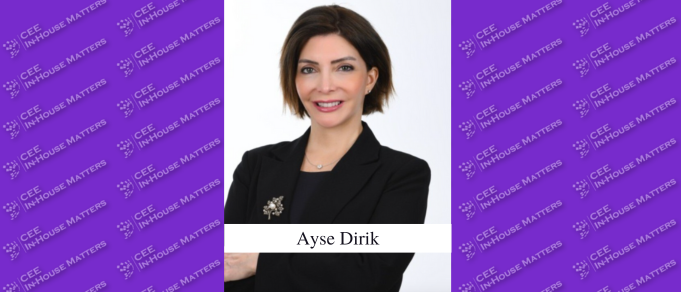Medical device manufacturers, importers, and distributors are advised to prepare for an important change in European and Polish laws on advertising for medical devices. Manufacturers do not always properly supervise their distributors in creating or revising promotional materials. This lack of oversight can lead to unexpected regulatory problems, especially under recent legal amendments. Preventive measures can help companies to avoid these problems.
In recent years, many European countries have voluntarily tightened their advertising regulatory frameworks for medical devices with measures such as prohibiting the promotion of professional equipment to lay persons and requiring premarket notification or approval of advertising and/or promotional materials.
Poland is also rapidly moving in this direction. The provisions of the new Polish Law on Medical Devices concerning advertising will enter into force on January 1, 2023, so market players must react quickly to align their policies with the new standards. The Polish requirements will not be as strict as those in place in France, Italy, or Spain because no formal pre-approval procedure will be required before the first publication or use of advertising. However, the option of advertising to the general public will be limited to medical devices which may be used by laypersons, and public advertising of other medical devices – for use solely by healthcare professionals (HCPs) – will only be allowed if addressed to HCPs only.
The Polish Ministry of Health is also working on a draft list of mandatory warnings and minimum content that every advertisement must include, and fines for non-compliance in Poland will increase drastically. For example, advertising a device in a manner non-compliant with the European Union Medical Device Regulation (MDR) or the European Union In Vitro Diagnostics Regulation (IVDR), i.e., use of texts, names, trademarks, images, and symbols or other signs that may mislead a user or patient as to the intended use, safety, and performance of the device, is subject to a fine of up to PLN 5 million (USD 1 million).
Manufacturers must also remember that other changes have been introduced at the European level by the MDR and IVDR. These regulations require manufacturers to develop, coordinate, and evaluate compliance and monitoring programs as a part of their post-market and vigilance systems on a regular basis. Such programs must be designed in such a way that all market players throughout the distribution chain are able to investigate complaints, including those regarding promotion and advertising. Manufacturers must also proactively exchange information with each other about any non-compliance, particularly product withdrawals or recalls. For example, a manufacturer may be informed by a competitor or local authorities that its distributor is promoting a product in such a manner as to create a false impression or even suggesting uses for the device other than those of the intended purpose for which the conformity assessment was carried out. In such cases, it is the joint responsibility of the manufacturer and distributor to investigate and determine whether a law or regulation has been violated and to make sure that questionable promotional and advertising materials are not further used and/or removed from the market. Thus, manufacturers should routinely review promotional and advertising material created by their distributors and business partners. Any serious discrepancies identified during these reviews, especially those resulting in unintended use, should be reported to regulatory authorities if the improperly advertised device presents a serious risk.
The internet is an extremely important medium for advertising, promoting, and providing information on medical devices, and it is important to remember that the MDR and IVDR require manufacturers to make available and keep up to date on their websites the information needed to identify the device and its manufacturer, as well as any safety and performance information relevant to the user or any other person (if the manufacturer has a website!). Therefore, manufacturers must ensure that new or modified labeling, including promotional and advertising materials, remains in compliance with applicable legal requirements, and will pass a regulatory review. This remains of particular importance because it is often difficult to determine whether statements made in new or modified advertising may change the intended use or overall impression of the device’s functions, as declared to the notified body and authorities. Consequently, periodical regulatory reviews of the content of the website, promotional and advertising materials, as well as scientific literature should become a standard post-market monitoring procedure for manufacturers.
By Isabel Jakobs, Associated Partner, and Anna Mirek, Senior Associate, Noerr
This article was originally published in Issue 9.11 of the CEE Legal Matters Magazine. If you would like to receive a hard copy of the magazine, you can subscribe here.

















